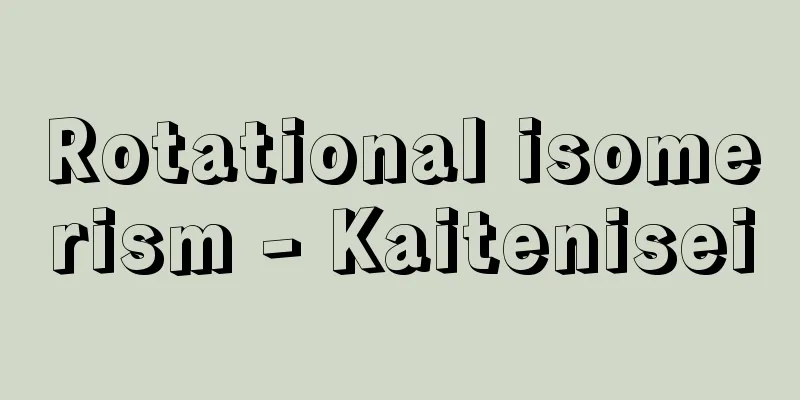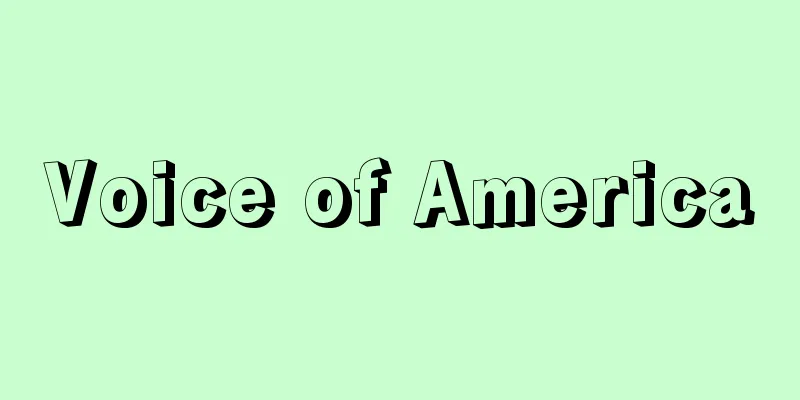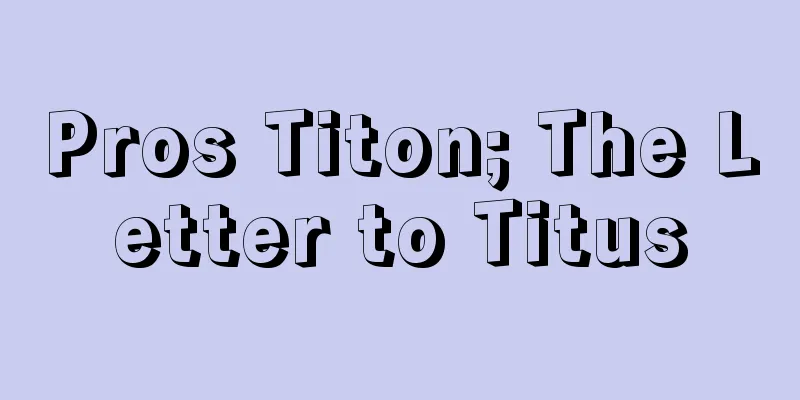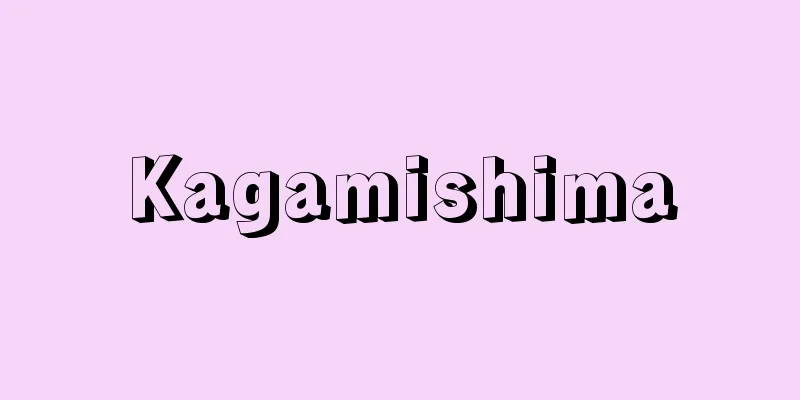Physiocracy - English spelling: physiocracy

|
Physiocracy refers to economic theories and policies developed in the second half of the 18th century by Quesnay, who was the personal physician of the French Bourbon dynasty, and his disciples, the Marquis de Mirabeau, Paul Pierre Mercier de la Rivière (1720-93), Guillaume François Le Trosne (1728-80), and Dupont de Nemours. The word Physiocracy is said to come from "government of nature." Physiocrats opposed French mercantilism, which placed too much emphasis on commerce and industry and abandoned and neglected agriculture, and based on the philosophy of natural law, emphasized the respect for individual freedom and the productive nature of agriculture. In their view, humans are placed under two different orders: the eternal and unchanging "natural order" established by God for the happiness of humans, and the "artificial order" created with the formation of the state. The laws that regulate the natural order are "natural law," and the laws that maintain the artificial order are "human law." Humans must be free within the limits permitted by natural law. If human law restricts this freedom, it is a harmful law. Mercantilism's emphasis on commerce and industry and its protective interventionism are harmful policies that emphasize human law and hinder the development of industry. The Physiocrats opposed this, arguing that national wealth would increase by allowing industry to operate freely rather than interfering with it. Their laissez-faire motto of "Let it be, let it be" (laisse faire, laisse passé) combined with the demands of the capitalist class to break free from the shackles of the feudal system, and became the guiding principle of global capitalism for a long time to come. The Physiocrats also investigated the causes of the decline of the French economy, emphasizing the importance of agriculture and the need to save it. For this reason, Quesnay likened French society to a human body, and in a single anatomical diagram called the Tablet Economique, he depicted the circulation of goods and money connecting rural areas and cities, and the process of capital reproduction. In this diagram, Quesnay stated that only those engaged in agriculture were the productive class, since they produced surplus products, or net products, in excess of the costs invested in production, while urban merchants and industrialists were the unproductive class, since they merely processed raw materials and exchanged goods and did not produce any surplus products. Influenced by the theories of Quesnay, Turgot became Minister of Finance under Louis XVI, abolishing feudal professional associations, liberalizing grain trade, and exempting peasants from corvée. He also proposed a very radical financial policy called the theory of a single tax on land. In other words, in order to save the financial collapse of the Bourbon dynasty at that time, he proposed that taxes be levied only on the income of the nobility, clergy, and landlords, who owned most of the cultivated land in France. This was because they pocketed the entire net production produced by the peasants, who were the productive class, as rent. In contrast, he argued that merchants and industrialists were an unproductive class that did not generate profits and should be exempt from taxes. Turgot's argument for a single tax on land was welcomed by peasants, merchants, and industrialists, but he incurred the resentment of conservative forces, mainly the nobility, clergy, and landlords, and he was dismissed from his position as Minister of Finance, and was unable to put this policy into practice. The Physiocrats' claim that only agriculture is productive and that industry and commerce are unproductive was based on a flaw in their theory of value, and their theory was overcame by criticism from the British Classical School, which was compiled by Adam Smith. Nevertheless, the Physiocrats made a great contribution by criticizing and correcting the errors of mercantilism, which had dominated England and France until then. [Koshimura Shinzaburo] "Physiocratic Economics" by Akimitsu Kubota (1959, Maeno Shoten) " "An Analysis of Physiocracy" by Masahiko Yokoyama (1958, Iwanami Shoten) [References] | |Source: Shogakukan Encyclopedia Nipponica About Encyclopedia Nipponica Information | Legend |
|
18世紀後半に、フランスのブルボン王朝の侍医であったケネーを中心に、その使徒ミラボー侯爵、メルシェ・ド・ラ・リビエールPaul Pierre Mercier de la Rivière(1720―93)、ル・トローヌGuillaume François Le Trosne(1728―80)、デュポン・ド・ヌムールなどによって展開された経済理論と経済政策をいう。フィジオクラシーということばは「自然の統治」からきたものとされている。重農主義者は、商工業を偏重し農業を捨てて顧みなかったフランスの重商主義に反対し、自然法の哲学観に基づいて、個人的自由の尊重と、農業の生産的性格とを強調した。 彼らの見解によれば、人間は二つの違った秩序のもとに置かれている。すなわち、神が人間の幸福のために定めた永久不変の「自然的秩序」と、国家の形成に伴ってつくられた「人為的秩序」とがそれである。自然的秩序を規制する法則は「自然法」であり、人為的秩序を維持する法則は「人定法」である。人間は自然法の許す範囲内で自由でなければならない。もし人定法がこの自由を束縛するならば、それは有害な法律である。重商主義のとっている商工業偏重主義と保護干渉主義は、人定法を重んじ、産業の発展を阻む有害な政策である。重農主義者はこれに反対し、産業に干渉するよりもその活動を自由に放任することによって国富は増進するものであると説いた。そして彼らの唱えた「為(な)すにまかせよ、行くにまかせよ」(レッセ・フェール、レッセ・パッセ)という自由放任主義のモットーは、封建制度の束縛を打破しようとする資本家階級の要求と合して、そののち永く世界の資本主義の指導理念となった。 重農主義者たちはまた、フランス経済の疲弊の原因を探究して、農業の重要性とその救済の必要とを力説した。そのためケネーは、フランスの社会を一つの人体になぞらえて、『経済表』とよばれる一枚の解剖図のなかに、農村と都市とを結ぶ商品と貨幣の循環と、資本の再生産過程を描き出したのである。そのなかでケネーは、農業に従事する人々だけが、その生産に投下した費用を超えて、剰余生産物すなわち純生産物を生むから生産階級であって、都市の商工業者たちは、単に原料を加工したり、商品を交換するにすぎず、なんら剰余生産物をつくりださないから不生産階級であると述べた。 ケネーの理論的影響を受けたチュルゴーは、ルイ16世のもとで大蔵大臣になり、封建的な職業組合を廃止し、穀物取引を自由にし、農民にかけられた賦役を免除するとともに、土地単税論という、きわめて急進的な財政政策を打ち出した。すなわち、当時のブルボン王朝の財政的破綻(はたん)を救うために、租税を、フランスの耕地の大半を領有している貴族、僧侶(そうりょ)および地主階級の収入だけに賦課せよというのである。なぜなら、彼らは、生産階級である農民の生産した純生産物を全部地代として懐(ふところ)に入れているからである。これに対し、商工業者は不生産階級であって利潤を生まないから、租税は免除するべきものであるとした。チュルゴーの土地単税の主張は、農民や商工業者たちからは歓迎されたが、貴族、僧侶、地主を中心とする保守勢力の反感を買い、大蔵大臣を免ぜられ、この政策を実行に移すことはできなかった。 農業だけが生産的であって、工業や商業が不生産的であるという重農主義の主張は、彼らの抱いた価値論の欠陥に基づくものであって、その理論は、アダム・スミスによって集大成されたイギリスの古典学派の批判を受けて克服されるに至った。それにもかかわらず、重農主義が、それまでイギリスやフランスを支配していた重商主義の誤りを批判し、是正した功績は大きい。 [越村信三郎] 『久保田明光著『重農学派経済学』(1959・前野書店)』▽『横山正彦著『重農主義分析』(1958・岩波書店)』 [参照項目] | |出典 小学館 日本大百科全書(ニッポニカ)日本大百科全書(ニッポニカ)について 情報 | 凡例 |
<<: Liberty Bell - Jiyu no Kane (English) Liberty Bell
>>: Year-round cultivation - Year-round cultivation
Recommend
Élizabeth Vigée‐Lebrun
1755‐1842 A French female painter. Vigée was her f...
Forster, JR (English spelling) ForsterJR
…He was also one of the leading natural scientist...
Anyafil - Anyafil
...The technique is often depicted in Persian, Tu...
Givesite - Givesite
⇒ Gibbsite Source: About Shogakukan Digital Daijis...
Neogawa River
A tributary of the Ibi River that flows through we...
Oil lighter - Oil lighter
...Various other devices, including those that us...
Rubidium strontium dating method - Rubidium strontium dating method
This dating method utilizes the phenomenon in whic...
Alkyne - Alkyne (English spelling)
A general term for a series of aliphatic unsatura...
Katsura man
〘Noun〙① (from "Katsura (Katsura)②") A le...
Aichi Electric Railway
...Located almost in the center of Aichi Prefectu...
Bullmastiff [species] (English spelling)
A guard dog that originated in England. As the nam...
"Questions on the Transmission of the Precepts and the Doctrines"
…In opposition to Saicho's movement for the i...
Honmachi Street - Main Street
A full-length novel by American author H.S. Lewis...
Accounting period - kaikei ikikan (English spelling)
A fixed, artificially set calculation period for t...
Akastos (English spelling)
Athenian politician. Date of birth and death unkno...









